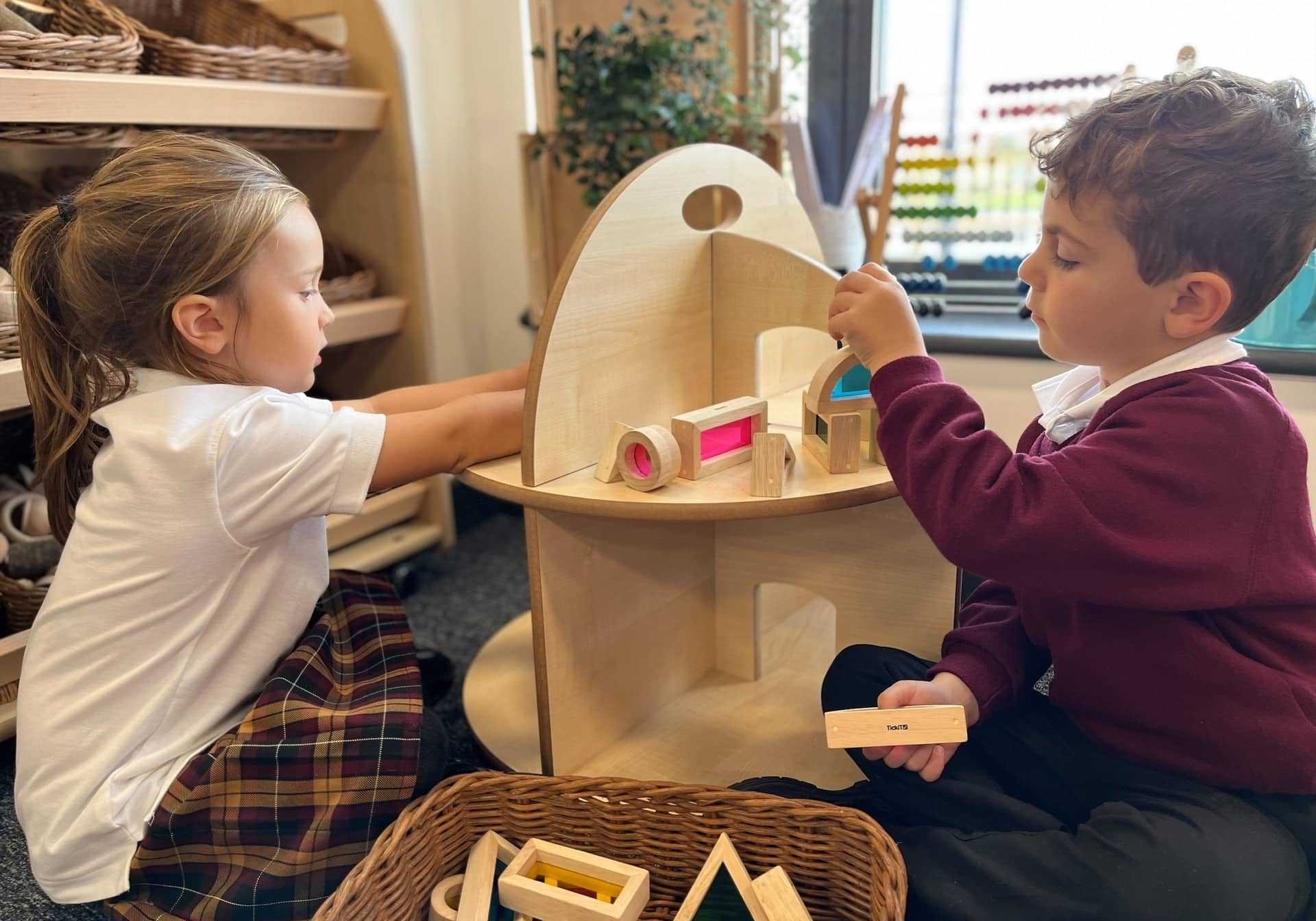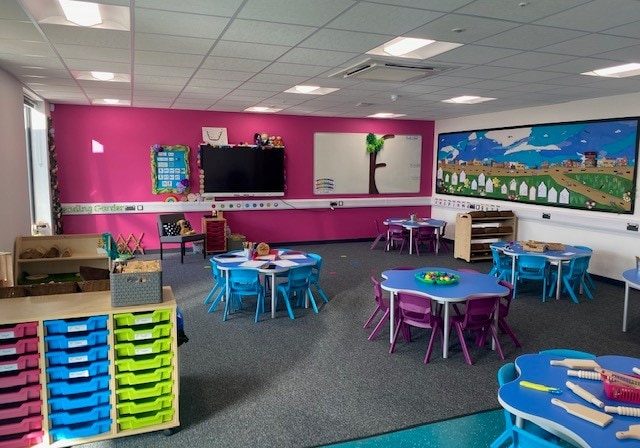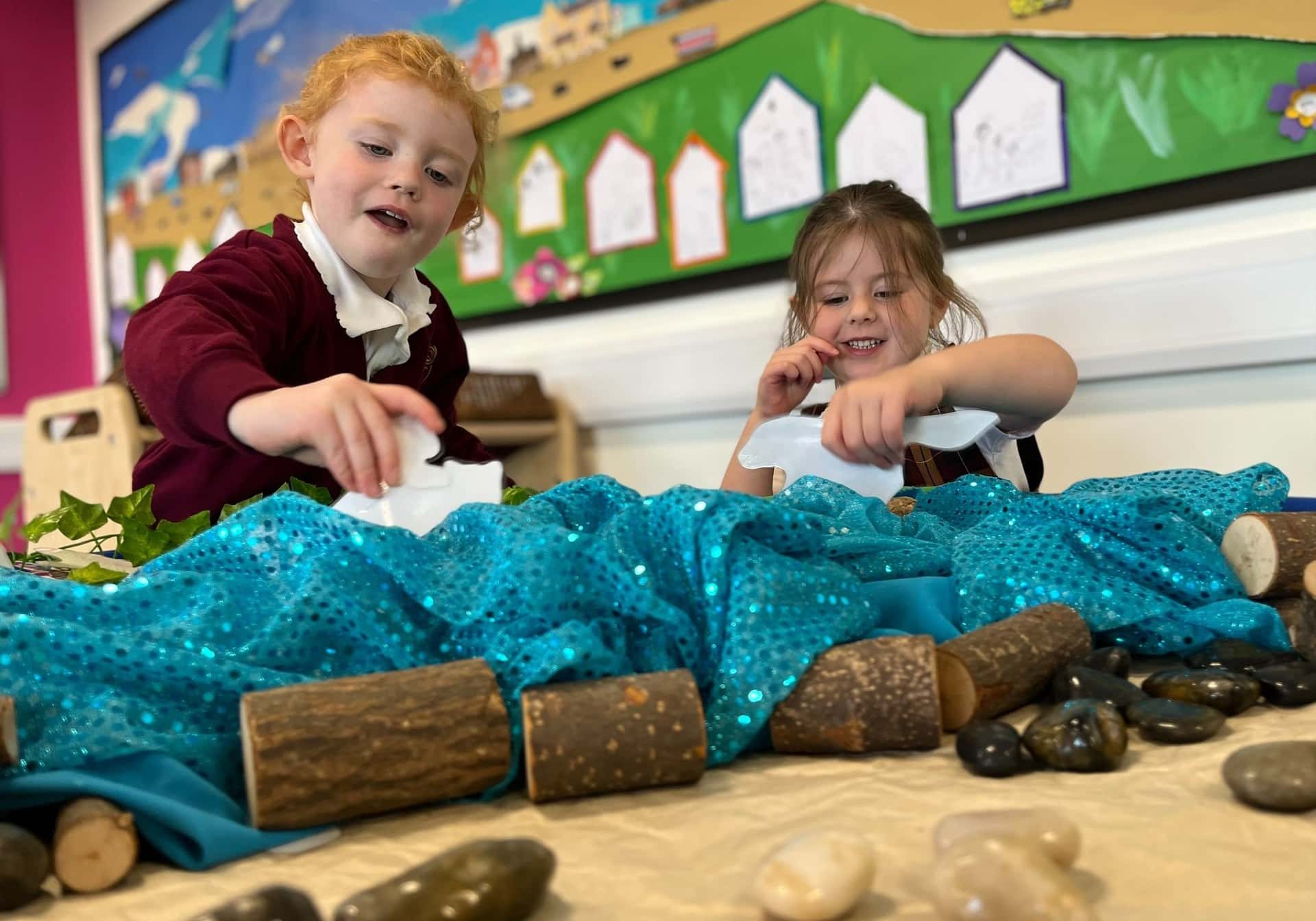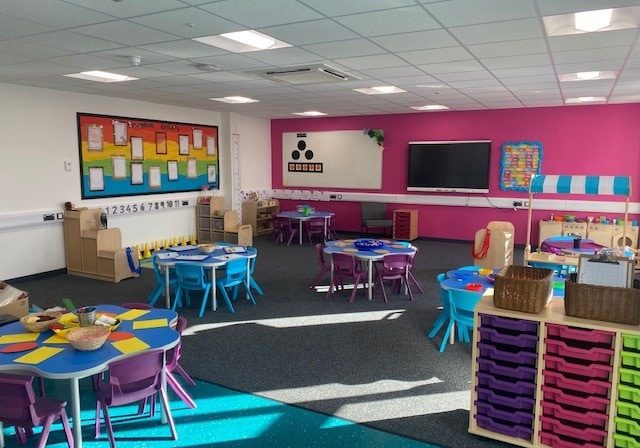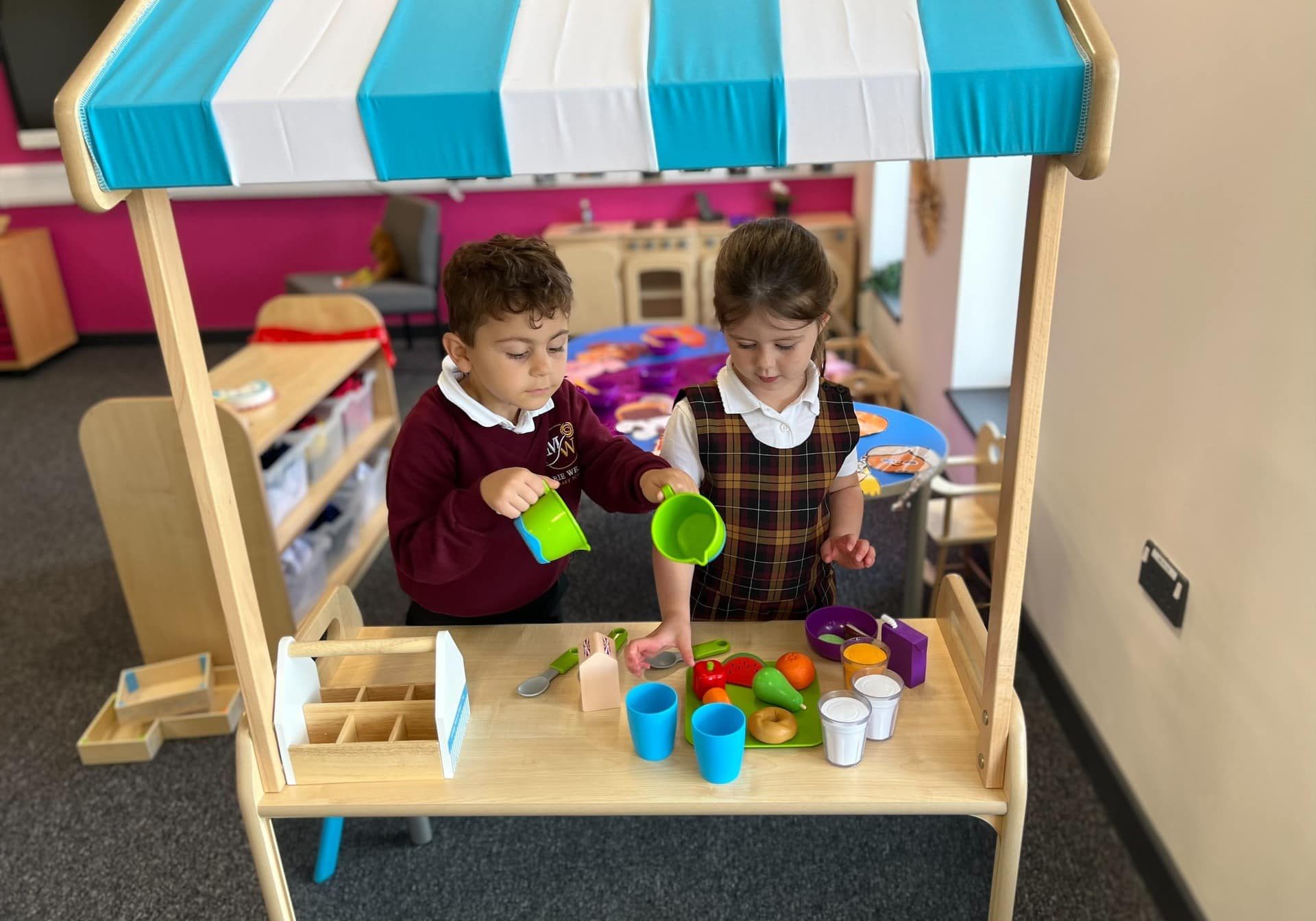In This Section
Maths
At Marie Weller, our goal of our Mathematics curriculum is to ensure that all children have access to a curriculum which is effectively structured, carefully planned and sparks their natural curiosity.
Through challenging and engaging lessons, we seek to maximise the development of every child’s ability and academic achievement. Our goal is for all children to develop their mathematical fluency in order to master key knowledge and be able to make connections across mathematical concepts. In doing so they will have the tools, confidence and perseverance to reason mathematically and solve increasingly sophisticated problems.
We intend for our pupils to be able to apply their mathematical knowledge to other subjects and know that the subject is essential to everyday life.
The Foundation Stage
In the Foundation Stage pupils are encouraged to develop their skills of Number and Shape Space and Measure in a broad range of contexts in which they can explore, learn, enjoy, practise, discuss and extend their skills. Pupils are encouraged to exploit their mathematical potential in both indoor and outdoor environments. They are provided with a wide range of activities that promote regular active participation, exploration of real life problems, development of imaginative play and early experience of mathematical language. All pupils are supported positively and encouraged to gain confidence and competence in their skills
Key Stage 1 and 2
The national curriculum for mathematics in both Key Stage 1 and Key Stage 2 aims to ensure that all pupils:
- become fluent in the fundamentals of mathematics;
- reason mathematically;
- solve problems by applying their mathematics to a variety of routine and non-routine problems.
Mathematics in Early Years and Year 1 follows the White Rose scheme of work; this then leads into Year 2 as we use the Power Maths scheme. This has been carefully selected because it reflects our ambitious intentions for the course of study. The lessons within this scheme are coherently planned and sequenced in a way that, through the Concrete, Pictorial and Abstract (CPA) approach, promotes quality mathematical discussion and helps children to gain sufficient knowledge and skills for future learning. The scheme develops pupils' mathematical ability and confidence without having to resort to memorising procedures. There is an emphasis on problem solving and comprehension; allowing pupils to relate what they learn and connect knowledge.
Our children will be able to apply mathematical concepts appropriately for their age. They will produce work of a high quality and achieve the best possible outcomes. Most importantly they will have the knowledge and skills required to help them as they move on to the next stage of their education.
MWPS Mathematics Curriculum Overview

